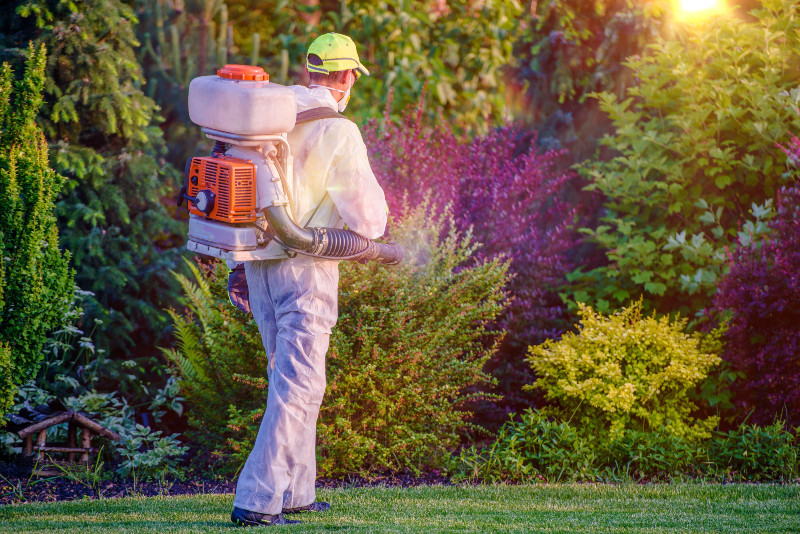For those with hard water, you have probably heard that salt is the most reliable solution. A salt system replaces charged calcium and magnesium particles with sodium particles. These sodium particles don’t adhere to soap or metal. That means you will have no soap scum and no limescale. Problem solved, right? Wrong. Salt has a whole host of problems of its own.
Plants
Adding salt to your water means that you will also be adding salt to any plants you water with it. That salt doesn’t just go away. Over time, it builds up. Salt absorbs water, so as the level of salt in your plants’ soil rises; they begin to absorb less water themselves. Eventually, the plants will die because they cannot absorb any water. If you are living in an area with lots of rainfall, you might be okay. If your plants are potted, or if your area does not get much water, the salt will not wash out.
Also, large amounts of salt decrease oxygen levels in the soil. Plants live on carbon dioxide, but many of the beneficial microbes and insects in the soil live on oxygen. You can normally tell if your plants are experiencing salt stress by checking their leaves. The tips of the leaves will turn yellow because the roots cannot absorb enough nutrients. Also, there might be a ring of salt where you normally water your plants.
Hard water is a problem, though. That’s why salt-free water conditioners are the solution to your problems without the dangers to plants. The danger isn’t only to plants, though. Once that water goes down the drain, what do you do with all that salt?
Environment
If you are aware of the dangers of excess salt on your plants, you might opt for boiled water or bottled water for your plants. That’s a good idea. However, every time you wash dishes, shower, or flush the toilet, that salty water enters your city’s wastewater. Once the wastewater is treated and filtered, that excess salt has to be processed out. Removing salt is the easy part. Once you’ve removed it, where should it go?
Certain municipalities near coasts dump the excess salt into the ocean. This tends to be very expensive and can wreak havoc on the marine life. Some cities dump the excess salt into lakes or rivers. This creates the problem of salinating freshwater, which is a problem for marine animals and plants.
If you’re tired of dealing with hard water which results in expensive limescale corrosion, you want to condition your water. If you want to avoid the negative effects of salt, salt-free water conditioners are the only option. They are safe, effective, and low-maintenance.






